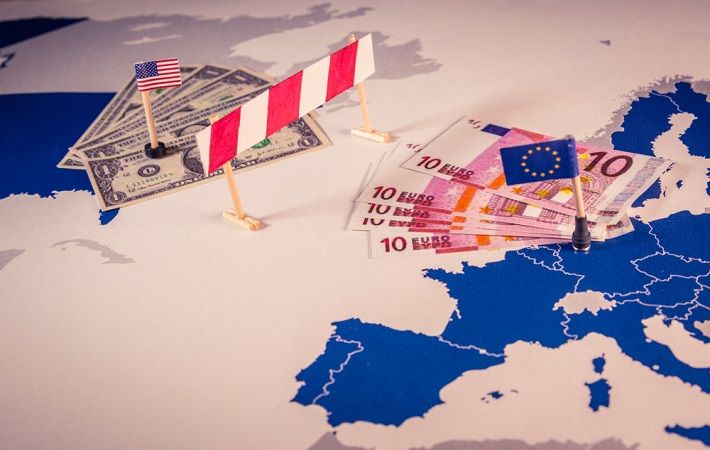The European Union (EU) and the United States have agreed to end a 17-year dispute over aircraft subsidies, lifting the threat of punitive tariffs worth billions of dollars on their economies. Negotiated by officials from both sides, the truce was finalised in President Joe Biden's first summit with European leaders Charles Michel and Ursula von der Leyen, who hosted him in Brussels.
Two days of negotiations led to a draft deal—a five-year accord to suspend punitive tariffs linked to the original disagreement—on how to handle subsidies for Airbus and Boeing. Coupled with that is the creation of a minister-level working group to discuss subsidy limits and overcome any issues that may arise between the two sides.The EU and the US have agreed to end a 17-year dispute over aircraft subsidies, lifting the threat of punitive tariffs worth billions of dollars on their economies. Negotiated by officials from both sides, the truce was finalised in President Joe Biden's first summit with European leaders Charles Michel and Ursula von der Leyen, who hosted him in Brussels.#
Michel is the president of the European Council and von der Leyen is president of the European Commission. "This really opens a new chapter in our relationship because we move from litigation to cooperation on aircraft," von der Leyen said.
“With this agreement, we are grounding the Airbus-Boeing dispute,” said EU trade commissioner Valdis Dombrovskis. “We now have time and space to find a lasting solution . . . while saving billions of euros in duties for importers on both sides of the Atlantic,” he was quoted as saying by global newswires.
The deal commits the EU and US to making sure research and development funding funding to aircraft makers will not ‘harm the other side’. The two sides also pledged to work together in ‘addressing non-market practices of third parties’—something officials said was a nod to concerns regarding China.
The deal was confirmed after being reviewed by Airbus’s three host countries in the EU—France, Germany and Spain. The French government said in a statement: “We can now focus on putting these disagreements behind us, and on defining the conditions of fair competition at the global level for state support to the aeronautic sector.”
Airbus welcomed the agreement, saying it would provide “the basis to create a level-playing field”. The company added that the deal “will also avoid lose-lose tariffs that are only adding to the many challenges that our industry faces”.
The Airbus-Boeing dispute is one of the longest-running battles in the history of the World Trade Organisation (WTO). Urgency to resolve it increased after the United States targeted European exports worth $7.5 billion with extra tariffs in October 2019, while the EU imposed additional duties on $4 billion of US exports last year.
Both sets of measures were in line with WTO rulings that favoured each side. But both the US and EU have also been found over the years to have failed to implement properly the WTO panel rulings on illegal subsidies for their aircraft manufacturing companies.
The two economies are yet to completely resolve their differences over digital taxes, with the issue now tied up with broader global negotiations.
Fibre2Fashion News Desk (DS)
